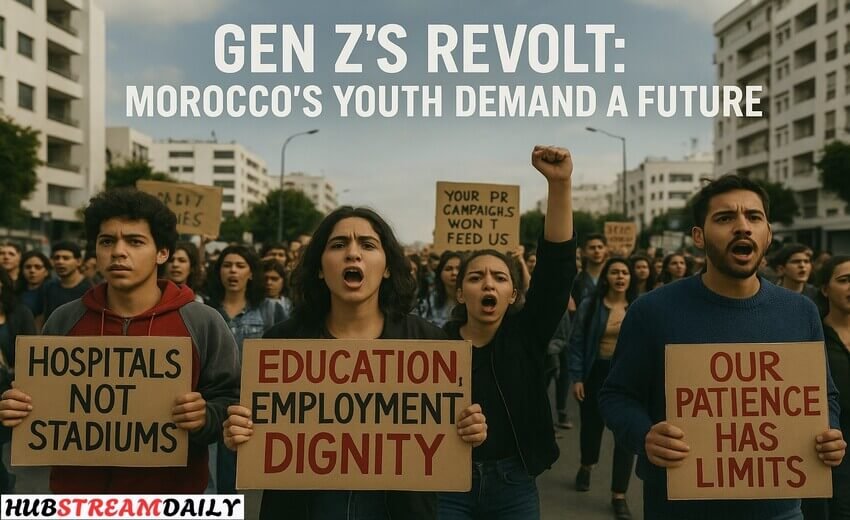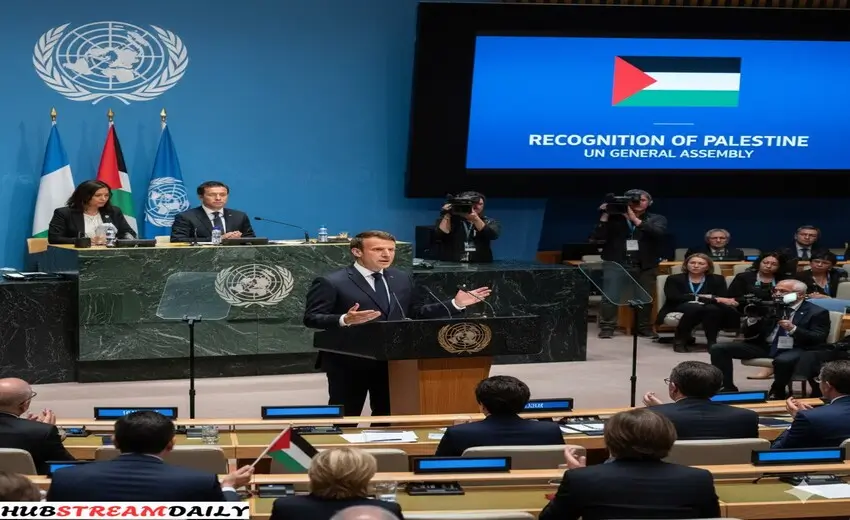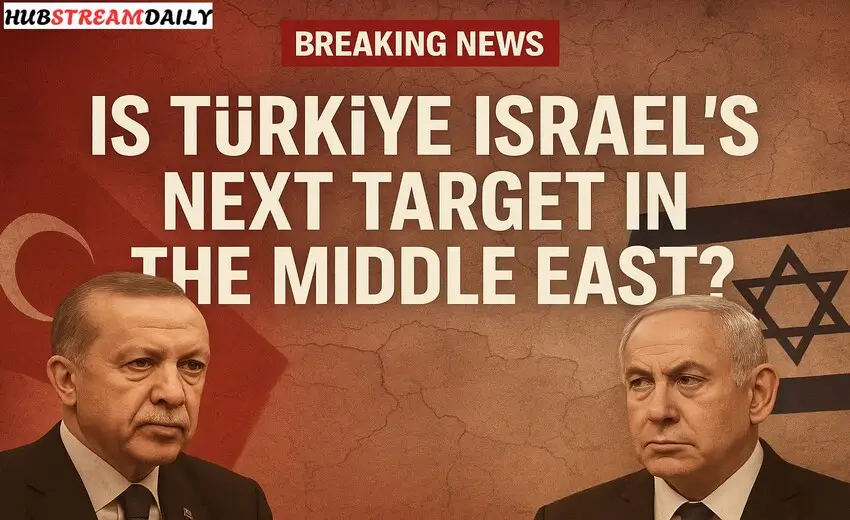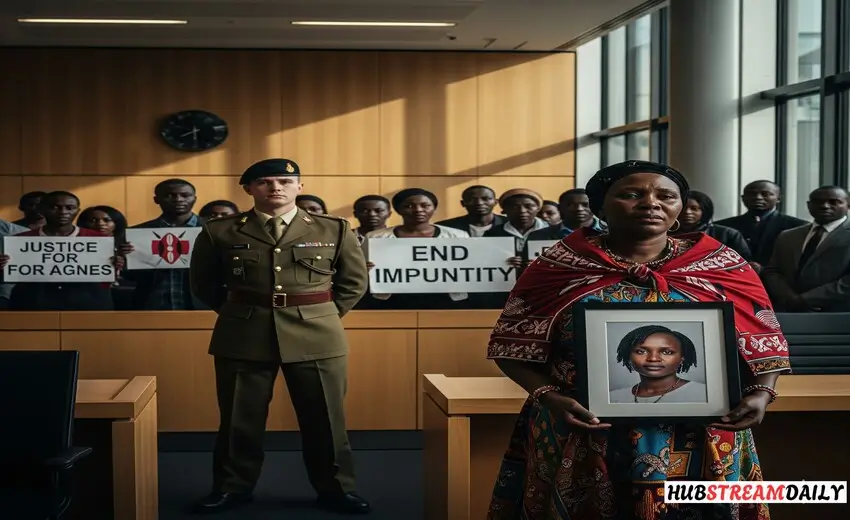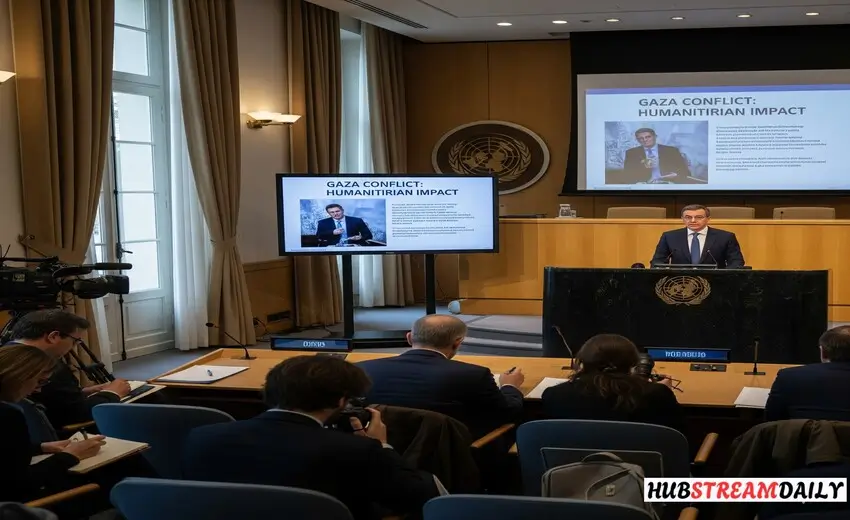
A fresh public health emergency threatens Central Africa as authorities scramble to contain the deadly virus.
Kinshasa, Democratic Republic of Congo (DRC) — Health authorities in the Democratic Republic of Congo (DRC) have sounded alarm bells after reports emerged of a suspected Ebola outbreak in the country’s northwestern province, with at least 15 deaths linked to the disease in recent weeks. The outbreak, if confirmed, would mark yet another resurgence of one of the world’s deadliest viral diseases in a country that has battled multiple Ebola crises over the past two decades.
A Deadly Pattern Returns
The latest suspected cases were first reported in the Equateur Province, a region that has witnessed Ebola outbreaks before, including the devastating 2018-2020 wave that killed over 2,200 people. Local health workers began raising concerns after clusters of patients showed symptoms consistent with Ebola — including fever, vomiting, diarrhea, severe weakness, and unexplained bleeding.
“Several deaths have already been recorded in isolated villages. Laboratory samples are being tested in Kinshasa, but the symptoms and rapid fatalities strongly point toward Ebola,” said Dr. Jean-Bosco Mbala, an infectious disease specialist working with DRC’s health ministry.
According to initial reports, more than 30 suspected cases have been identified, though officials fear the actual number may be higher due to underreporting in remote rural areas.
What is Ebola?
Ebola Virus Disease (EVD) is caused by the Ebola virus, which spreads primarily through direct contact with blood, secretions, or bodily fluids of infected people or animals. The virus has a notoriously high fatality rate, ranging between 25% to 90% depending on the outbreak.
Since its discovery in 1976 near the Ebola River in what is now the DRC, the virus has caused recurrent outbreaks in Central and West Africa. The largest outbreak occurred in West Africa (2014–2016), claiming more than 11,000 lives across Guinea, Sierra Leone, and Liberia.
International Alarm
The World Health Organization (WHO) has dispatched a rapid response team to the affected region. Emergency medical supplies, including personal protective equipment (PPE), rehydration fluids, and testing kits, are being flown into Mbandaka, the provincial capital.
“Ebola requires immediate containment. We are working closely with Congolese authorities to identify cases, trace contacts, and establish isolation units. Speed is critical,” said Dr. Matshidiso Moeti, WHO Regional Director for Africa.
Neighboring countries including Republic of Congo, Central African Republic, and Uganda have also stepped up border health checks, fearing cross-border spread. Airports and river transport hubs are tightening passenger screenings.
Local Fears and Struggles
For residents of Equateur Province, the news has reignited traumatic memories of past Ebola crises. Many families lost loved ones in earlier outbreaks, while local economies were shattered as trade and travel restrictions choked livelihoods.
“We are scared. When people start dying suddenly, we know what it means. Ebola has returned,” said 34-year-old farmer Marie Lokwa, whose village lost five people in recent days.
However, controlling the outbreak in DRC remains complicated by poor infrastructure, conflict in some regions, and deep mistrust of health authorities. During past Ebola outbreaks, misinformation and conspiracy theories led to violent resistance against doctors and vaccination teams.
Vaccines and Hope
Unlike previous decades, the world now has tools to fight Ebola. The rVSV-ZEBOV Ebola vaccine, developed during the West African outbreak, has been successfully deployed in recent years to contain flare-ups in DRC and Guinea.
Health officials in Kinshasa confirmed that vaccination campaigns will be launched in affected zones once laboratory confirmation is received. The strategy, known as “ring vaccination”, involves immunizing contacts of confirmed patients and frontline workers to halt transmission.
“We have vaccines. We have experience. If communities cooperate, we can stop this outbreak early,” said Dr. Aimee Lumbala, a WHO epidemiologist based in Kinshasa.
Global Health Implications
The suspected outbreak comes at a time when the global health system is already under pressure from multiple crises — including resurgent measles, cholera outbreaks, and lingering effects of COVID-19. Experts warn that failure to contain Ebola swiftly could have international repercussions.
Dr. Anthony Fauci, former U.S. infectious disease chief, once called Ebola “a reminder that diseases anywhere can be threats everywhere.” With increasing international travel, a single undetected case can spread beyond borders.
So far, no international cases linked to the current suspected outbreak have been reported. But governments and global health agencies are closely monitoring the situation.
The Human Toll
Behind the statistics are stories of tragedy. Reports from local radio indicate that several children and pregnant women are among the dead. Funerals, which often involve physical contact with bodies, have historically been a super-spreader event in Ebola outbreaks.
In rural DRC, cultural traditions are deeply tied to mourning practices, making safe burials both emotionally and socially complex.
“Convincing people not to touch their loved ones during funerals is one of the hardest parts of Ebola response,” explained Dr. Mbala. “But it can mean the difference between life and death for entire villages.”
Lessons from Past Outbreaks
DRC has faced more Ebola outbreaks than any other country — at least 15 since 1976. Each wave has taught new lessons about surveillance, community engagement, vaccination, and international cooperation.
The 2018-2020 outbreak in eastern DRC, the second-largest ever recorded, demonstrated the importance of rapid vaccination and community trust-building. It also highlighted the dangers of conflict zones, where armed groups made it nearly impossible for health workers to operate safely.
Today, health authorities are trying to apply these lessons — emphasizing transparent communication, local leadership involvement, and early vaccine rollout.
Economic and Social Impact
If confirmed, the outbreak could devastate fragile local economies already hit by poverty, deforestation, and limited healthcare. Farmers may abandon markets, schools could close, and transport systems may be restricted.
International aid organizations warn that a humanitarian crisis could emerge if Ebola collides with existing challenges such as malnutrition and displacement.
“The DRC is facing overlapping crises — from armed conflict to food insecurity. Ebola adds yet another layer of suffering for millions already vulnerable,” said a spokesperson for Médecins Sans Frontières (MSF).
Economic and Social Impact
If confirmed, the outbreak could devastate fragile local economies already hit by poverty, deforestation, and limited healthcare. Farmers may abandon markets, schools could close, and transport systems may be restricted.
International aid organizations warn that a humanitarian crisis could emerge if Ebola collides with existing challenges such as malnutrition and displacement.
“The DRC is facing overlapping crises — from armed conflict to food insecurity. Ebola adds yet another layer of suffering for millions already vulnerable,” said a spokesperson for Médecins Sans Frontières (MSF).
Government Response
The Congolese Ministry of Health has activated its National Ebola Preparedness Plan, which includes setting up treatment centers, deploying rapid response teams, and establishing mobile labs in the affected province. Local radio stations are broadcasting public awareness campaigns, urging people to report suspected cases immediately and practice safe hygiene measures.
The government is also seeking support from international donors. “We cannot fight this battle alone,” Health Minister Roger Kamba stated in Kinshasa. “Ebola is a national emergency, and we need solidarity from global partners to prevent a disaster.”
Regional Cooperation
Given the DRC’s porous borders, neighboring countries are on high alert. Uganda, which has faced its own Ebola outbreaks in recent years, has already dispatched health screening units at major border crossings. Rwanda and the Republic of Congo have increased surveillance at airports and river ports.
The African Union’s Africa Centres for Disease Control and Prevention (Africa CDC) has pledged technical assistance, while the United Nations peacekeeping mission in the DRC (MONUSCO) is offering logistical support to transport medical teams and supplies into remote villages.
Expert Warnings
Global health experts stress that while vaccines and treatments are available, delays in response could make the outbreak spiral out of control. Dr. Michael Ryan, executive director of WHO’s Health Emergencies Programmed, warned:
“We’ve seen how quickly Ebola can move in rural communities, and we’ve seen the devastation it brings. The earlier we intervene, the more lives we save.”
Analysts also point to the need for long-term investment in Congo’s healthcare system. Ebola outbreaks tend to resurface repeatedly because underlying problems — poverty, weak infrastructure, and lack of trust in authorities — remain unresolved.
The Role of Communities
Perhaps the most crucial factor in containing Ebola is community cooperation. Health workers stress that rumors, denial, and resistance can undermine the entire response effort. Local chiefs, religious leaders, and women’s associations are now being recruited to help spread accurate information and encourage safe practices.
“We cannot defeat Ebola without the people,” said Dr. Aimee Lumbala, WHO epidemiologist. “Communities must become partners, not just patients.”
At Last, A Race Against Time
As the world waits for laboratory confirmation, the urgency is clear: Ebola does not wait. The virus spreads silently, taking lives swiftly if unchecked.
For the people of DRC, this outbreak is more than just a health scare — it is a reminder of the fragility of life in a country where disease, poverty, and conflict intersect daily. Yet with vaccines, improved medical knowledge, and international solidarity, there is cautious hope that this outbreak can be contained before it spirals into another humanitarian catastrophe.
The next few weeks will be critical. Stopping Ebola early saves lives — and prevents the world from facing another global health emergency.

